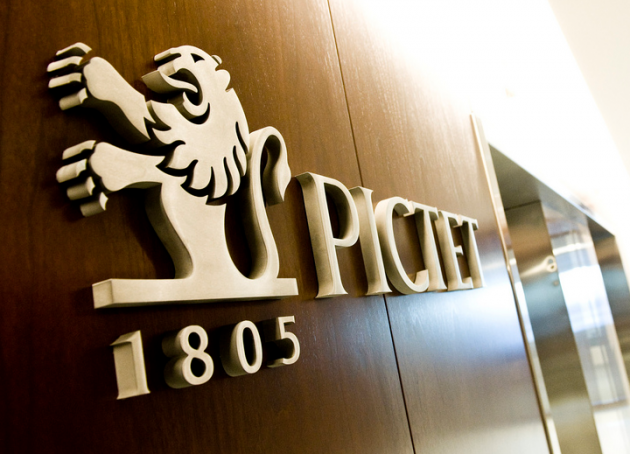If Our Banks Were Structured Like Pictet & Cie, The Banking Crisis Wouldn’t Have Happened
In Switzerland, there is a 207 year old private bank called Pictet & Cie that caters to the the richest of the rich. It has total assets under management of of 373 billion Swiss francs, or just shy of $400 billion in United States terms. Through it, you can hold investment in more than 80 different countries spread out among a network of sub-custodians; a service so well run that is consistently ranks among the top in client satisfaction. The bank has offices in Amsterdam, Barcelona, Basel, Brussels, Dubai, Florence, Frankfurt, Hong Kong, Lausanne, London, Luxembourg, Madrid, Milan, Montreal, Nassau, Osaka, Paris, Rome, Singapore, Taipei, Turin, Tokyo and Zurich.

Pictet & Cie is a private banking giant in Switzerland. The entire firm is owned by eight general partners who have unlimited liability. I think that is a good model that results in better behavior. Banks in the United States could learn something from them.
The entire Pictet & Cie bank is run by eight general partners who have unlimited liability for the losses. If they make a bad bet, and the bank goes down, these partners go down with it. That is the way it has always been, and that is the way it remains.
I think there is a lot of good in that model. Had the investment banks, and even many of the commercial banks, been legally structured in a way where the top management owned the firm, and they had their entire financial net worth on the line, I think much, if not all, of the bad behavior would have been mitigated. It’s one thing to lend someone money for a loan you don’t expect to be repaid and collect a fee on it; quite another if it is your money. Although decent people should treat the two comparably, they don’t. That’s the nature of the human condition so we, as a society, need to structure our institutions to counterbalance the avarice and flaws inherent in the system.
I don’t think it is an accident that Pictet weathered the global economic collapse relatively unscathed (we can’t tell for sure because it is private, though investors fled to them with their money and they didn’t have to undergo the painful asset sales or layoffs other banks did), while its neighbor, UBS, lost more than 50 billion Swiss francs and needed to recapitalize. The bankers at UBS were playing with other people’s money – the stockholders, the investors, and the funds under their control. The bankers at Pictet are acting as good stewards. They have every incentive to do so.
What people want in a financial system is fairness. Had the top management at firms like Lehman Brothers or Wachovia been forced into personal bankruptcy, a lot of the populist anger that boiled up from the lower and middle classes wouldn’t have existed because those responsible would have been served their just desserts. The corporation, while necessary, is not always superior from a public policy standpoint to the general partnership, or even a limited partnership with a general partner managing the day-to-day affairs.
Update: Several years ago, I placed this post, along with thousands of others, in the private archives. The site had grown beyond the family and friends for whom it was originally intended into a thriving, niche community of like-minded people who were interested in a wide range of topics, including investing and mental models. I decided, after multiple requests, to release selected posts from those private archives if they had some sort of educational, academic, and/or entertainment value. On 05/24/2019, I released this post from the private archives. This special project, which you can follow from this page, has been interesting as I revisited my thought processes about a specific company or industry, sometimes decades later. In this case, reading about my thoughts on system-wide incentives and how they can be influenced by both asset and liability exposure.
Incredible changes have happened in the long years since this post was originally published. My husband, Aaron, and I relocated to Newport Beach, California in order to have children through gestational surrogacy. Within a window of a couple of years around that relocation, we also sold our operating businesses and launched a fiduciary global asset management firm called Kennon-Green & Co.®, through which we manage money for other wealthy individuals and families. Nothing in this post was intended to be, nor should be construed as, investment advice or a recommendation. This should be evident considering that we made the decision to establish our own wealth management company – stated candidly, we thought we could do it better given our experience and value investing philosophy. We worked hard for our money, are fiercely protective of it, and quite frankly, we both hope and intend to build an institution through which our own children and grandchildren protect, preserve, and grow their capital.

